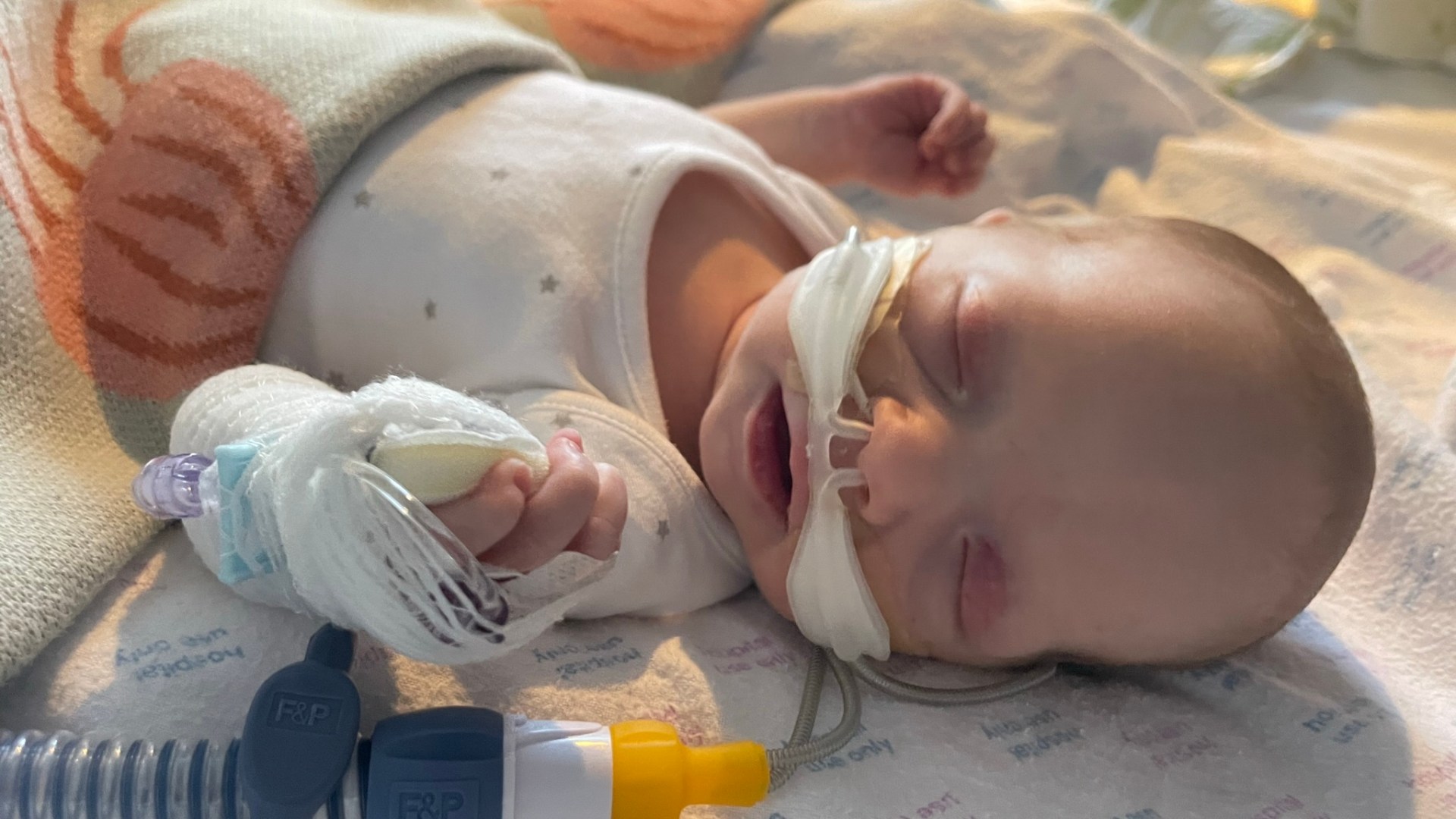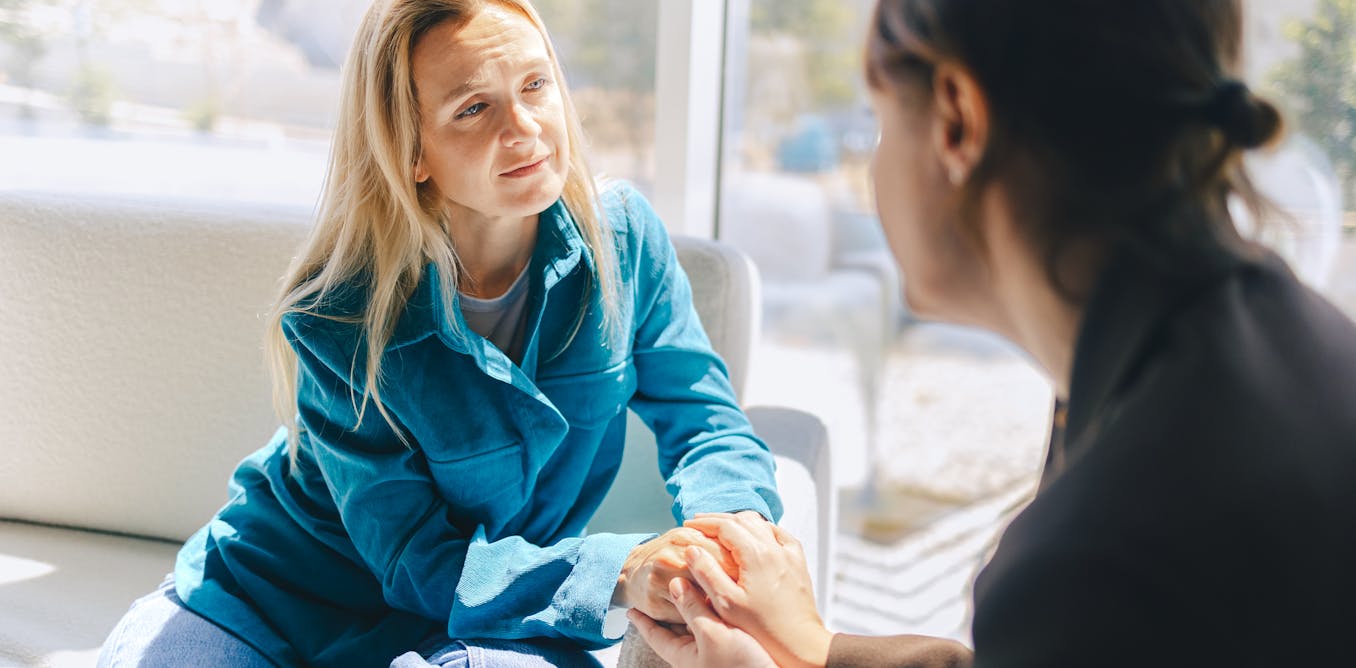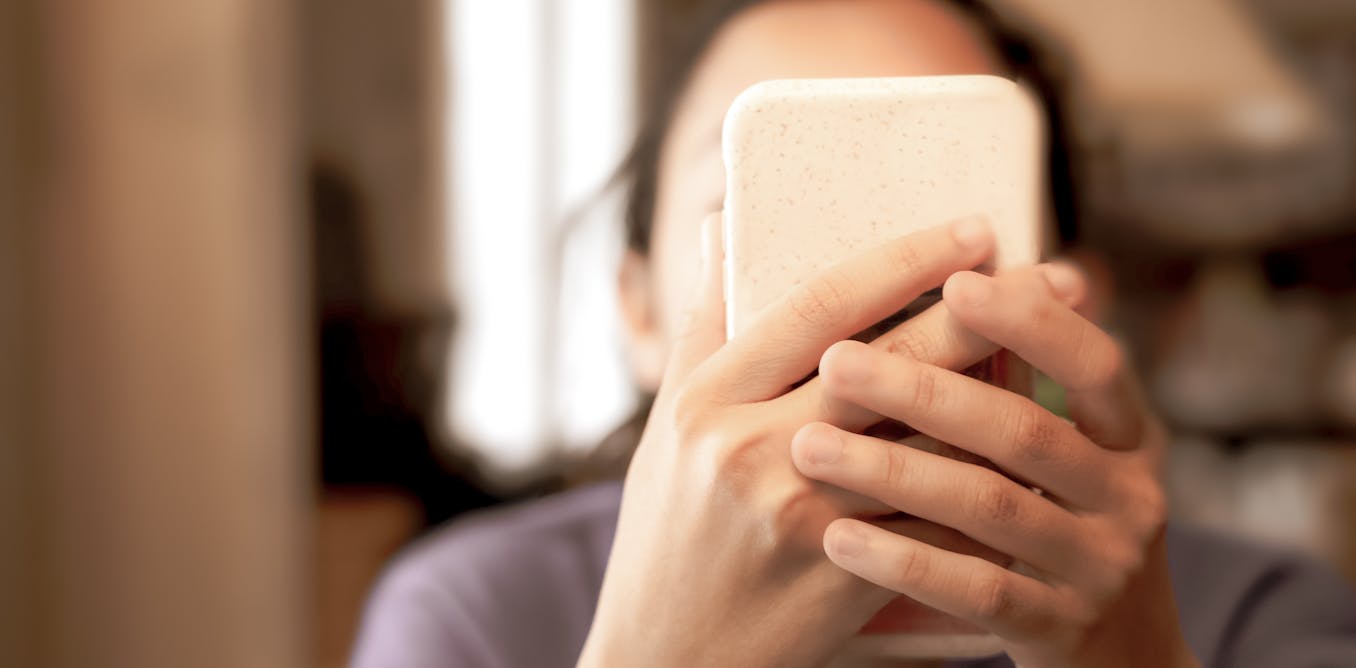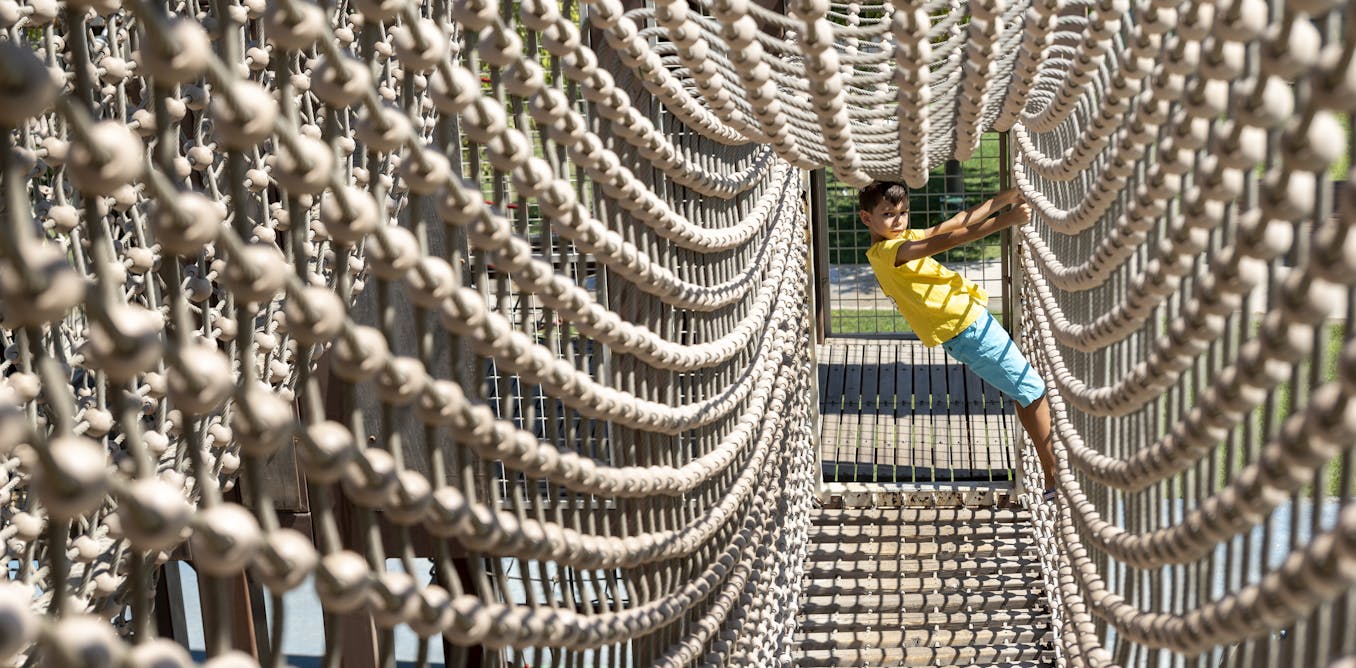A MUM is pleading with pregnant women to take up a new vaccine after she “helplessly” watched her newborn contracted a deadly virus.
Alice Cook’s daughter Henrietta became seriously ill with respiratory syncytial virus (RSV) and needed hospital treatment at just three weeks old.

2

2
“Henrietta being in hospital was so scary and I wouldn’t wish any other family to go through what we did,” Alice from Bath, said.
From next month, women who are at least 28 weeks pregnant will be invited for a shot of the respiratory syncytial virus (RSV).
RSV causes infections of the lungs and respiratory tract.
In healthy adults and older children, it typically causes cold-like symptoms.
However, babies are at risk of severe infection with RSV and can need admission to hospital, particularly in the winter months.
Henrietta was hospitalised and put on breathing and feeding tubes for four days after the bug left her unable to fend for herself.
“I felt so tired and emotional,” her mum said recalling the event.
She added: “It was awful not even being able to cuddle Henrietta because of all of the tubes attached to her.
“As there is no medication you can give for RSV, I felt helpless and it really was a waiting game of whether she would recover.”
Similarly, premature babies, older adults, people with heart and lung disease or anyone with a weak immune system is at greater risk.
RSV accounts for around 33,000 hospitalisations of children under five in the UK every year and is responsible for between 20 and 30 infant deaths.
It is predicted that just a 60 per cent take-up of the vaccine could result in 70,000 fewer RSV illnesses in infants.
Nine months on, Henrietta is now a happy and healthy baby, but those first few weeks of her life were “incredibly tough”, and not how Alice pictured the “newborn bubble” to be.
She is now calling all pregnant women to take up the RSV vaccine when offered.
The new NHS vaccine programmes in England are expected to be delivered through GP surgeries and pharmacies.
Anyone aged 75 and over will be eligible for one dose of the Pfizer jab.
Dame Jenny Harries of the UK Health Security Agency (UKHSA), said: “Having the vaccine during every pregnancy is the best way to protect your baby against RSV.
“The vaccine boosts your immune system to produce more antibodies against the virus, and these then pass through the placenta to help protect your baby from the day they are born.
“The vaccine reduces the risk of severe bronchiolitis by 70 per cent in the first six months of life.
“The RSV vaccine is the safest way to protect you and your baby. It has been approved by medicines regulators in the UK, Europe and the USA.
“Many thousands of women have had the vaccine in other countries, including more than 100,000 women in the USA.”
Symptoms of RSV
PEOPLE commonly show symptoms of the virus four to six days after being infected.
Signs include:
- Runny nose
- Decrease in appetite
- Coughing
- Sneezing
- Fever
- Wheezing
But symptoms can be much more subtle in very young babies, including irritability, decreased activity and breathing difficulties.
Most children will have had an RSV infection by their second birthday.
It can cause a condition called bronchiolitis in babies and young children.
Symptoms of bronchiolitis in very young infants include:
- Refusal to breastfeed or bottle-feed
- Breathing more quickly and noisily (wheezing)
- Seeming very tired, upset or inactive
- Signs of dehydration – lack of tears when crying, little or no urine in their nappy for six hours, and cool, dry skin
Source: CDC, Asthma + Lung UK




